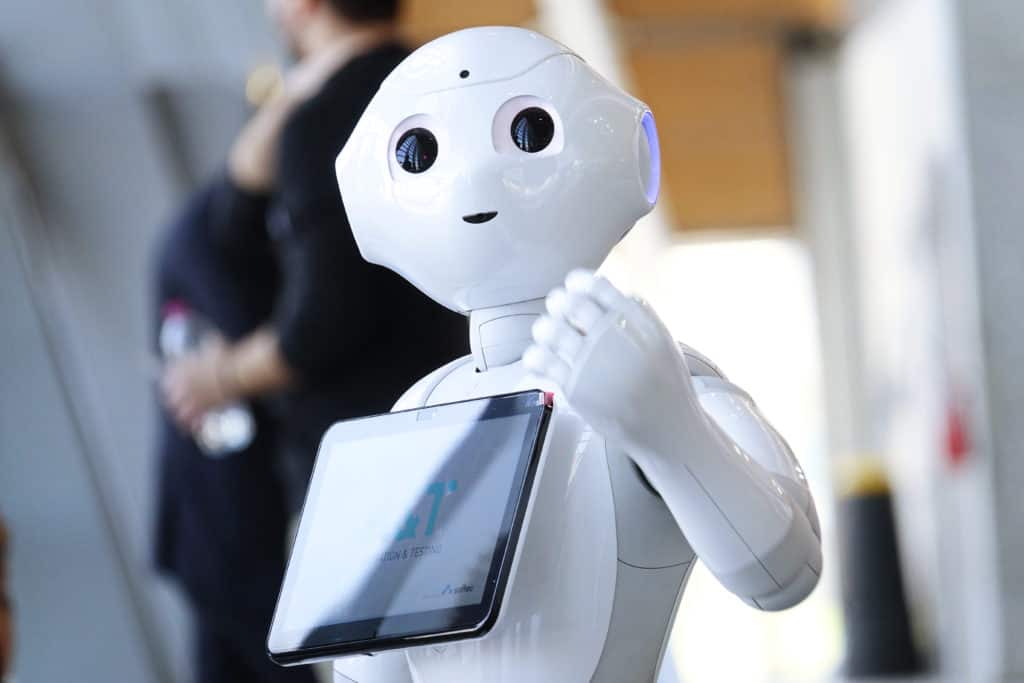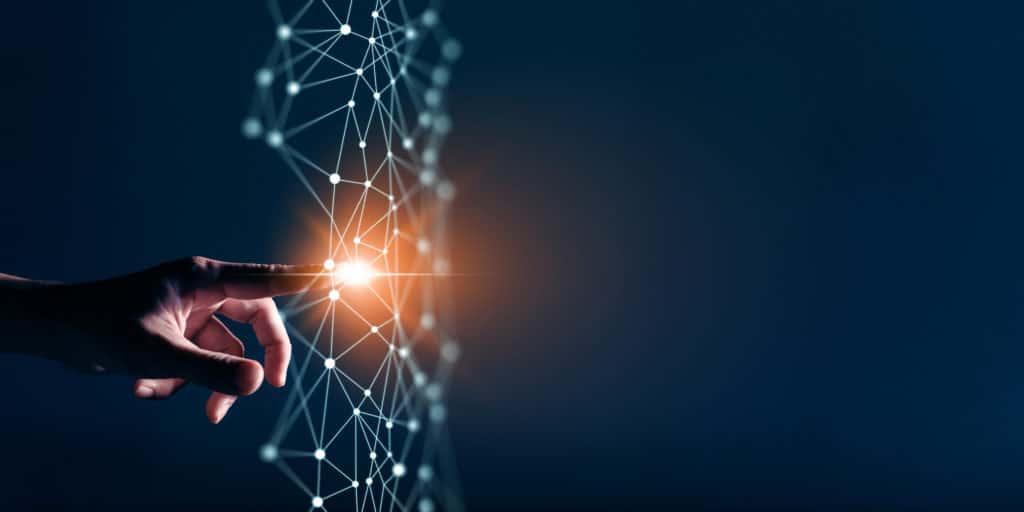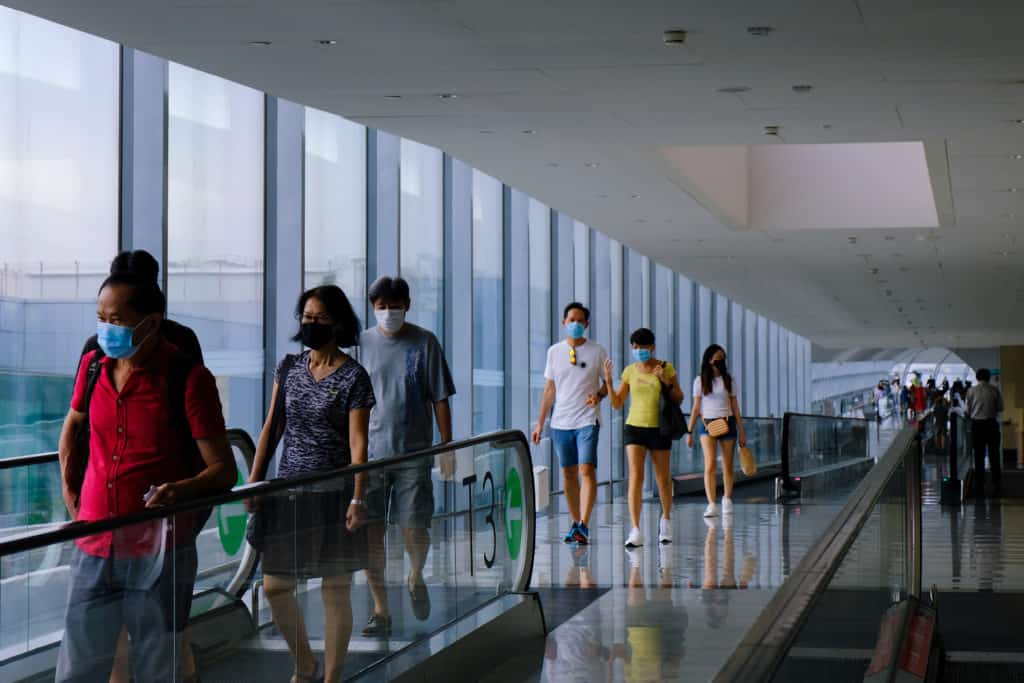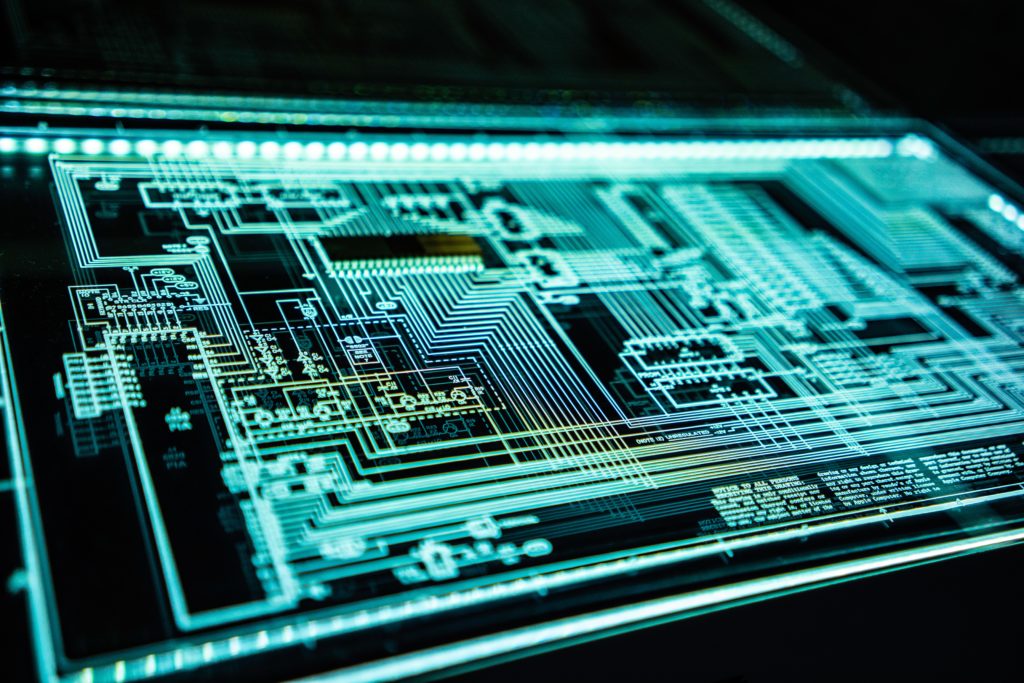Exploring what makes society resilient to deception by fake news

IPUR organised two workshops on 11 and 13 August via zoom following a pilot study conducted by Dr Catherine Wong, Research Fellow at the institute. The workshop explored her study on what makes society resilient to deception by fake news. It approached this general question by experimenting with the use of a fake news game […]
Art Meets Science: Tackling Data and Perceptions

https://www.youtube.com/watch?v=qmFOqwQVnNU&t=2sFrancois Buet-Golfouse from the University College London presented a conceptual model which enables the usage of both human intelligence and AI to derive an optimal result. This model utilises the traditional concept of “Mixture of Experts” (MoE) where multiple experts who are fairly independent and have different strengths, and modern concepts of distributed, federated and […]
The role of insurance in enhancing societal resilience

The toll of floods on lives and livelihoods has become more severe as global warming worsens, land use changes, and economic density increases in sensitive regions. Based on Swiss Re Sigma data (1970 – 2019), floods – including those associated with coastal storm surges, tropical cyclone and convective storm activity – incur costs of up […]
AI and the technology paradox: Learning from Japan’s COVID-19 response

By Prof Heng Yee-Kuang Advanced technology has and will continue to quickly transform the way many industries and individuals go about their work. We see many countries looking to adopt AI technologies whether it be in healthcare and military weapon systems or improving the overall standard of living for their respective citizens. However, adopting these […]
Digital inequality a risk to digital literacy

At the risk of sounding cliched, the COVID-19 pandemic has severely upended every domain in our lives. With stay-at-home restrictions imposed in about 70% of the countries, to varying extent, people have been turning to the cyberspace to carry out their work and human interactions. Remote working and learning have become the new norm, accelerated […]
What can we learn about our risk behaviour as we step into a new normal?

As Singapore enters a transition period and gradually lifts the safety measures to minimise the spread of COVID-19, we can look back at the numbers and consider the government’s response as effective. In a rapidly evolving situation with deep uncertainty, many would agree that the Singapore government demonstrated competence and leadership in coordinating the nation’s […]
Outbreaks of diseases make us exaggerate or under-estimate risks. The COVID-19 shows that

The public needs to be mindful not to be vectors of misinformation, distrust and anti-social behaviour, say researchers from the NUS-Lloyd’s Register Foundation Institute for the Public Understanding of Risk (IPUR). The current outbreak of the COVID-19 shows that in times of an emergency, it is difficult to have a clear understanding of the risks […]
Risk Communication in Public Health of Today

Risk communication is an essential part in public health. However, it has been considered the weakest area in many countries by the World Health Organization. Communicating risks in a responsible manner aiming to protect people’s health, and sharing information to ensure successful response, are main elements in any public health campaign. The mass media is […]
AI on a chip

Artificial Intelligence (AI) is destined to transform our society, affecting every aspect of our lives. However, a key bottleneck towards the proliferation of the technology is the lack of efficient hardware that will allow us to embed AI everywhere – well beyond the cloud’s reach. Up until now, the processing of data in electronics has […]
Co-designing technology and policy for high-risk technologies

Since the Alpha-Go shock of March 2016, global public discourse on information technologies has taken a distinct turn. Although the last two decades have seen numerous political, economic or social changes sparked by digital technologies including globalization and the Arab Spring, the recent technological development driving the so-called 4th Industrial Revolution is increasingly casting doubt […]
